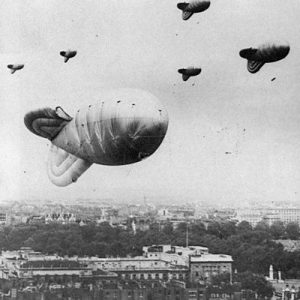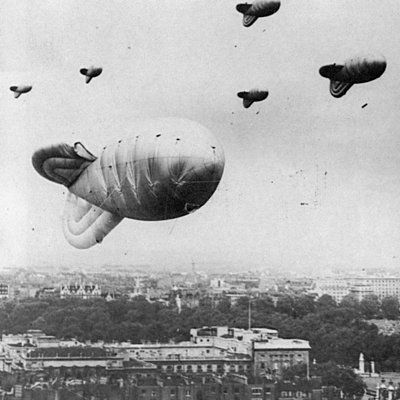 To Susan Sturgis de Sastre
To Susan Sturgis de Sastre
London. Sunday, October 11, 1914.
It is quite intelligible that the Catholic party should hail the decline of Masonic France, heretical England and schismatic Russia. A new Holy German Empire, even if the Emperor was nominally a Protestant and had to be tolerant to his 200,000,000 Moslem protégés, would give the Church a great backing. Politically and morally she would be countenanced and respected everywhere as she has not been since the Reformation. In other ways, too, a universal German ascendancy would not be without its splendours, and I am by no means sure that this development of things is not as desirable as any other. Things cannot remain as they are, and the Americanization of the Universe would be even a worse fate. But my heart, I confess, is with the French, English, and also with the Russians, because they all three, in various ways, make for individual freedom, and for the security and delightfulness of life. They are the peoples who wish to be left alone, because they know how to make themselves comfortable and happy. The German system is one of strain and of artificial aims: it is a sort of orderly night-mare. For this reason I can’t help thinking that the Mediterranean countries would obey their true instinct in sympathizing with the allies, as the liberal and paganized parties in them actually do. And that need not involve any disloyalty to Christianity. The German spirit is very anti-Christian at bottom, although in its demand for order and discipline it may find an alliance with Christianity useful for the moment. The German spirit, however, is that of “Absolute Will”, as their philosopher call it. It is unregenerate. It trusts, like the heathen Northmen, in strength, will, and inward instinct or illumination. It has no consciousness of sin, or of the vanity of the world or the passions. The Cross never had, and never can have, any meaning for it. In its heart it never believed in another world, but always looked forward to a sort of heroic suicide or twilight of the gods: for the very people who are now planning a great German era for the whole world are perfectly conscious that that era, too, must pass away in time. It will be merely a beau geste, lasting a thousand years ending in the tragic and romantic extinction of the race and its glorious “Kultur”. This is a heathen ideal, not a Christian nor even a pagan one, as the Greeks and Latins conceived paganism, which meant a modest and permanent alliance with the gods of nature, and a life as pleasant and intellectual as possible.
From The Letters of George Santayana: Book Two, 1910-1920. Cambridge, MA: The MIT Press, 2001.
Location of manuscript: Alderman Library, University of Virginia at Charlottesville.
